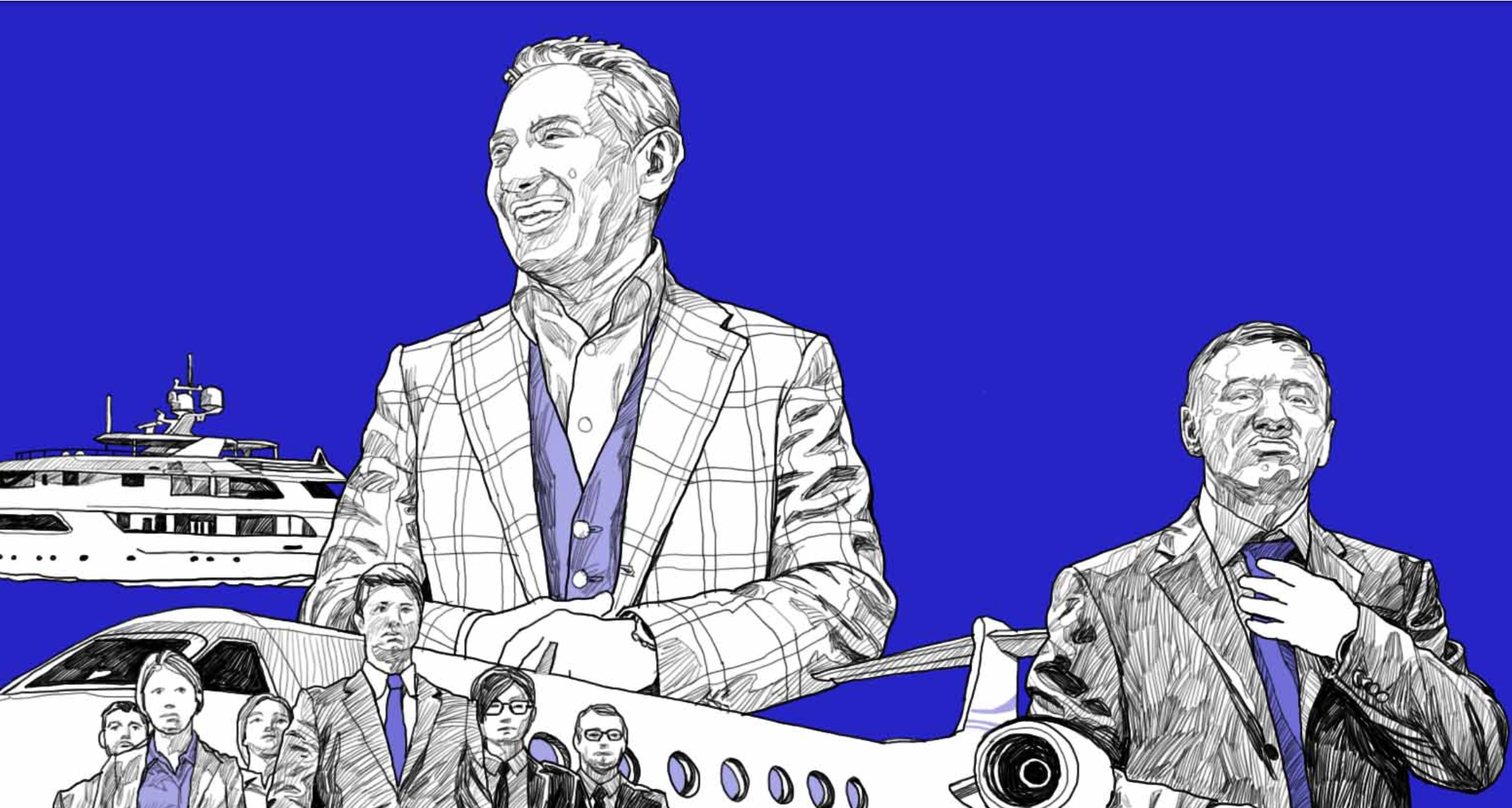Kazakhstan bans export of 106 potential dual-use products to Russia.
Kazakhstan has stopped exporting 106 types of goods with potential military applications to Russia "in connection with the global situation," the zakon.zk news outlet reported on Oct.
19, citing the country's Deputy Trade Minister Kairat Torebayev. These products include "drones, internal components, specialized electronics, chips," and similar goods, that is, equipment that could be used for military purposes, Torebayev said. Astana has received criticism for allowing Moscow to circumvent international sanctions imposed on Russia over its aggression against Ukraine.
This included importing and then re-exporting goods that the Russian defense industry uses for arms production. During his visit to Berlin in late September, Kazakhstan's President Kassym-Jomart Tokayev said that Astana will "definitely comply" with the sanctions regime against Russia. Both the U.S. and the EU said they will seek to curb the Kremlin's ability to dodge sanctions.
The European Commission warned earlier that if diplomatic channels are insufficient to prevent third-party countries from re-exporting sanctioned products, the European bloc can ban exports to those states as well.
Investigative Stories from Ukraine: Massive leak reveals how Putin's oligarchs evaded Western sanctions imposed due to Ukraine invasion Welcome to Investigative Stories from Ukraine, the Kyiv Independent's newsletter that walks you through the most prominent investigations of the past week. If you are fond of in-depth journalism that exposes war crimes, corruption and abuse of power across state organizations in Ukraine and beyond,...

 Martin Fornusek
Martin Fornusek
News Editor
Martin Fornusek is a news editor at the Kyiv Independent.
He has previously worked as a news content editor at the media company Newsmatics and is a contributor to Euromaidan Press.
He also volunteers as an editor and translator at the Czech-language version of Ukrainer.
Martin studied at Masaryk University in Brno, Czechia, holding a bachelor's degree in security studies and history and a master's degree in conflict and democracy studies.